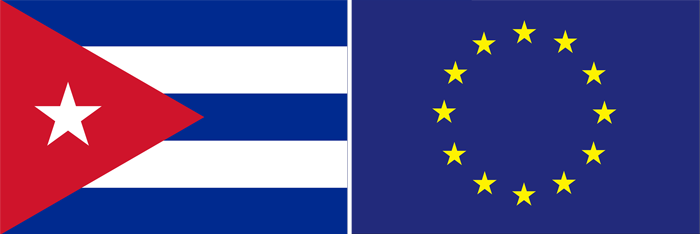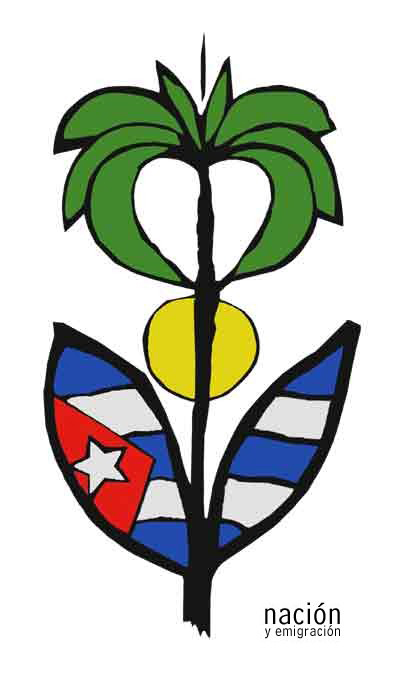Cuba Prepares for a Different Relationship with the European Union
- Detalles
- Publicado: Miércoles, 22 January 2014 16:21

BRUSSELS, Belgium – After years of debate, the European Union is in the final stages of eliminating an existing agreement concerning Cuba and establishing a bilateral agreement with the island nation on several issues.
Earlier this month, Holland’s Foreign Minister, Franciscus ‘Frans’ Timmermans, urged the European Union to encourage more dialogue with Cuba while on a state visit to Havana. “We simply need more human contacts,” he said. “We have seen that not meeting each other and not talking about the issues that divide us does not really help. Dialogue could really bring the relationship forward.”
Now, it seems that the 28-member bloc is set to do just that as they seek to re-open dialogue with Cuba. The European Commission is set to rule in favor of opening formal dialogue with Raúl Castro’s administration in a vote later this quarter, with the eventual goal of having a new framework for relations by the beginning of 2015.
At the moment, Cuba is the only nation with which the EU does not have institutional ties. Rather, the relationship is guided by the “Common Position,” ratified in 1996.
The Common Position, is a policy approved by the European Council of Ministers in 1996. It was developed by the conservative government of José María Aznar, Prime Minister of Spain from 1996 to 2004 and member of the Partido Popular (People’s Party).
The policy maintains that the EU’s position on Cuba is one that encourages democracy and political pluralism on the island, with an emphasis on human rights. Until Cuba changes these policies, the EU’s stance is that the bloc will unilaterally stop all institutional dialogue with the country. Cuba rejects the Common Position as it equates the policy to an interference in Cuban internal affairs.
Given the failure of the Common Position in accomplishing any sort of diplomatic change, several EU member states have spoken out against the policy before. Those voices have multiplied as Castro has led a series of reforms on the island, mostly in the economic sector. Since coming to power, Raúl Castro’s administration has removed restrictions against the purchase of certain products previously deemed illegal, gave unused state-owned land to private farmers and farming cooperatives, eased travel restrictions and internet access, significantly reduced state spending, and encouraged many entrepreneurial initiatives.
Politically, the Fidel’s younger brother has also placed a limit on presidential terms and said that he would step down after his second term ends in 2018, giving Cuba its first non-Castro leader since the Revolution of 1959.
Given that the Common Policy is also applied by the EU to terrorist organizations like Al Qaeda and not a single other nation, the bloc has finally seen the light and turned the corner in the way it conducts its relationship with Cuba.
Although certain nations like the Czech Republic and Poland have presented the most opposition to normalizing relations with Cuba, they, too, have seemingly changed their tone. A spokesman for the head of the Czech representation in Brussels, Martin Povejšil, said that his nation “has no concerns about changing relations with Cuba as long as the mandate-included human rights issues are respected.”
In fact, an early ‘exploratory phase’ in normalizing relations has already began. In addition, the office of the High Representative of the Union for Foreign Affairs and Security Policy in Brussels has said that the EU would be at a clear disadvantage if no ties were established when Cuba eventually did make a drastic transition.
For the time being, the Common Position will continue to govern the EU’s stance on Cuba and several EU officials have revealed that observers should ‘not get their hopes’ up as previous attempts to mend fences have failed. However, given the recent political and philosophical changes in Europe and Cuba, there should be no more interruptions as the new agreement is set to debut at the European Parliament in early February.
Regardless of any political tension, both sides have benefitted from economic ties.
The EU is the largest investor in Cuba and its second largest trading partner after Venezuela, while hundreds of thousands of EU residents flock to Cuba’s beaches every year, accounting for more than half of all visitors in the vital tourism sector.
(Taken from: inSerbia)






